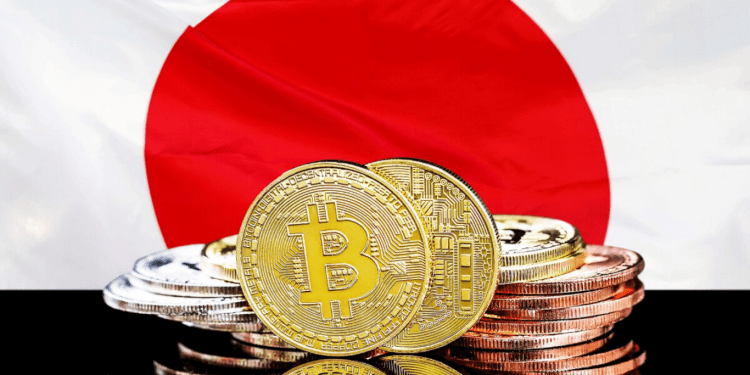The Japanese National Tax Agency has significantly amended the taxation of unrealized cryptocurrency gains. The revisions relieve investors as they no longer need to pay the 35% tax on unrealized crypto gains.
Unrealized or paper gains are profits generated on an investment that has yet to be realized through a sale or liquidation. These gains are based on the increase in the asset’s value over its original cost.
The term “unrealized” indicates that the gains exist on paper or theoretically but have not been converted into actual profits or cash by selling the investment. Realized gains can fluctuate with market conditions and may only be locked in once the asset is sold.
It’s important to note that unrealized gains are subject to market risks. If the value of the investment decreases after an unrealized gain has occurred, it can turn into an unrealized loss. Realizing the growth would involve selling the asset at an increased value and converting it into cash or another form of investment.
Tax Amendments
The amendments to the Japanese tax laws regarding unrealized gains are as follows:
- Crypto Tax Exemption for Unrealized Gains: The acquisition cost of self-issued cryptocurrencies is considered the expenses incurred for issuance. Specific categories of cryptocurrencies are excluded from fair value evaluation and thus exempt from taxation. These include self-issued cryptocurrencies continuously held since their issuance and those subject to continuous transfer restrictions.
- Expenses Excluded from Issuance Costs: The amendments clarify that certain expenses related to the issuance of cryptocurrencies are not included in the “amount of expenses incurred for issuance.” These expenses encompass consultancy fees, advisory fees, or consulting fees paid for the design of cryptocurrency issuance plans, such as creating a white paper. Additionally, costs required to impose transfer restrictions on self-issued cryptocurrencies are excluded.
- Documentation Requirement for Transfer Restrictions: For cryptocurrencies with continuous transfer restrictions since their issuance, the period between the removal and reimposition of transfer restrictions will be considered a period during which the restrictions continue to apply.
- Tax Deduction System for Research and Experimentation Expenses: Expenses required for design and prototyping, which are not aimed at performance improvement, are now excluded from the scope of eligible research and experimentation expenses. Furthermore, additional requirements are introduced for new high-level research and development personnel, and corporations engaged in research and experimentation.
Conclusion
These amendments aim to promote innovation and investment while providing tax relief to investors in the Japanese market. The changes demonstrate the government’s forward-thinking approach, recognizing cryptocurrencies’ increasing significance and supporting emerging technologies’ advancement. Investors can now benefit from tax exemptions on their unrealized crypto gains, which is expected to encourage further growth in the crypto market in Japan.














